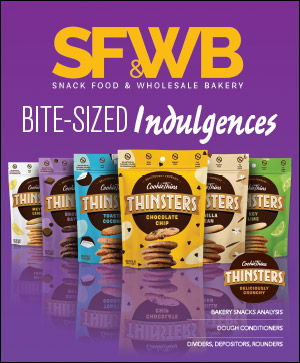Both the House and Senate introduced new food safety legislation that could give the FDA new regulatory authority.
Both the House and Senate introduced new food safety legislation that could give the Food & Drug Administration (FDA) new regulatory authority over imported and domestic foods, as well as the entire food industry, according to the Independent Bakers Association (IBA).
IBA reports the FDA Food Safety Modernization Act (S. 510), introduced by Sen. Dick Durbin (D-Ill.), has bipartisan support and is substantially the same bill as the version that was introduced in the chamber last summer. The bill would require all registered FDA facilities to have a food safety plan to identify potential food safety hazards and preventive controls.
The bill also would require new regulations to prevent intentional adulteration of bulk food products identified as high risk, establish supplier verification requirements for imported foods and give FDA mandatory recall authority. To cover anticipated costs of implementation, the bill would institute a limited system of user fees that would reimburse FDA for costs associated with food-product recalls and facility re-inspection.
Notably absent from the Durbin bill are two concepts included in other food safety bills currently being considered by Congress. The other bills, IBA notes, would impose new user fees and mandatory certification requirements for imported food products.
In the House, the Safe Food Enforcement, Assessment, Standards and Targeting Act (H.R. 1332,), known as the Safe FEAST Act of 2009, also was developed with a bipartisan approach and input from the food industry, according to IBA.




